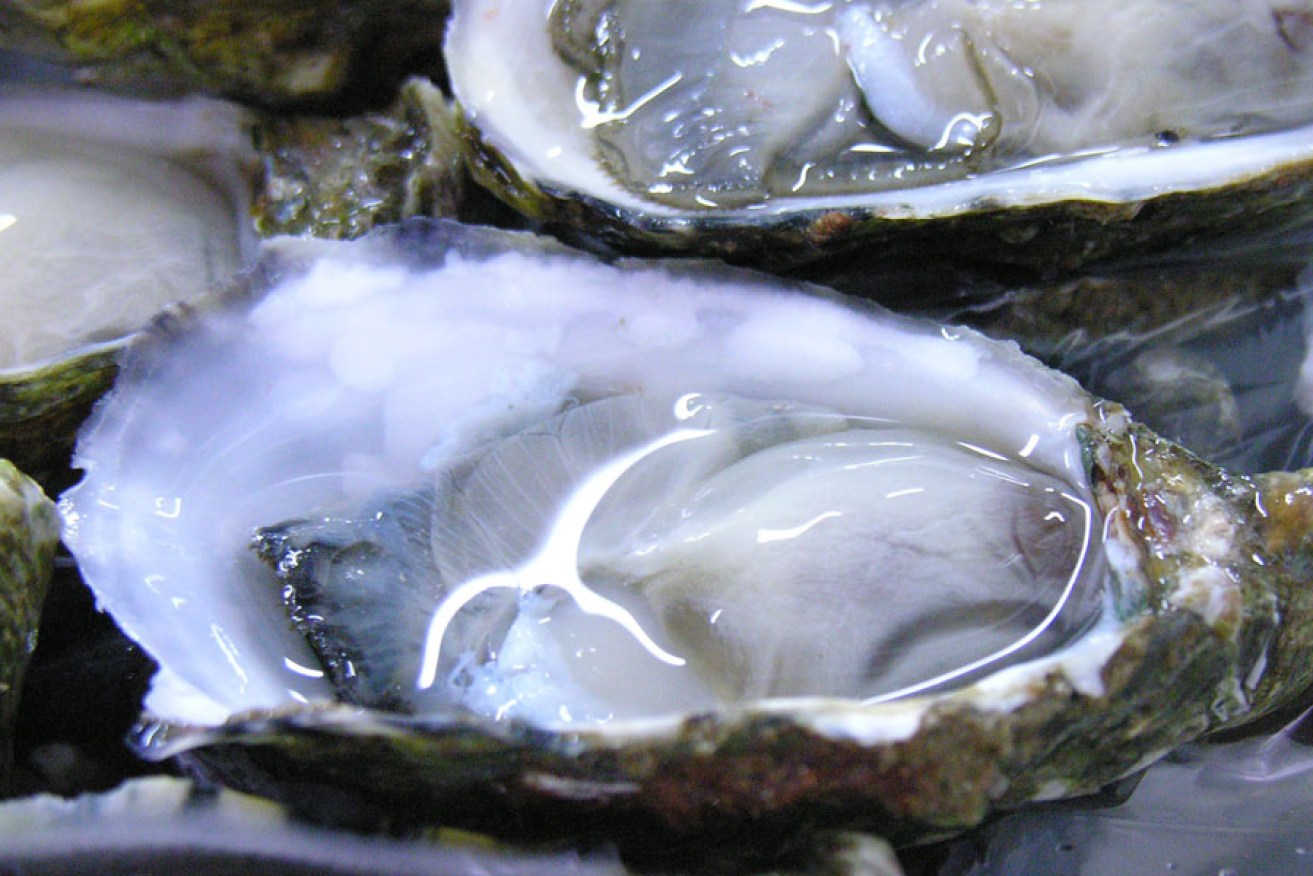SA oyster farmers on alert against deadly virus
South Australia’s valuable oyster industry is on alert after the detection of a deadly virus that all but wiped out New South Wales stocks.


Gleaming, fresh South Australian oysters.
Last week growers detected pacific oyster mortality syndrome in Tasmania, where SA farmers receive a majority of their oyster spats, or oyster larvae.
The detection has prompted the Department of Primary Industries and Regions to issue a livestock order notice to all SA oyster farmers.
The protective move follows a voluntary self-imposed standstill by the industry early this week.
PIRSA’s chief veterinary officer Roger Paskin said there was no threat to human health by consuming the oysters and table oysters were still being processed for human consumption.
Importantly, Paskin envisaged no shortage of oysters.
“The advice I have received from the local industry is that there will not be a shortage of oyster supplies to food retailers due to the Tasmanian outbreak,” he said.
“The local industry and our officers have been working very closely with ensuring various protective measures were put in place as quickly as possible.”
Last week the deadly virus was detected at a second oyster growing region in Tasmania. This triggered the precautionary ban of the state’s seed stock and the movement of stock associated with farming production.
Australia’s first detection of the virus was in NSW in 2010 on the George River and in 2013 the virus wiped out about 10 million oysters in the Hawkesbury River on NSW’s central coast.
The NSW Primary Industries Fishing and Aquaculture states the virus is currently found in three estuary systems in NSW – Georges River, Parramatta River and the Hawkesbury River.
The first reported POMS mortality outbreak was in France in 2008.
The virus has not affected the Sydney rock oyster or the native (Angasi) flat oyster.
“PIRSA and industry are also working closely together in undertaking precautionary testing of oysters from farms who received seed stock from Tasmanian accredited hatcheries in the past week,” Paskin said.
Paskin said the virus only affects pacific oysters.
“As a result, PIRSA and the industry have also worked together in recent years to ensure the diversification of our oyster product with the development of native flat oyster (Ostrea angasi) farming in South Australia,” he said.
Paskin said the diversification of oyster types helped to protect the SA industry from the deadly virus.
“These strategies which PIRSA and the industry have jointly developed and acted upon will put the South Australian industry in good stead against the latest detection of the disease in Australia.”
The livestock order notice is expected to remain in place for the next seven days, ending Friday, February 12.




